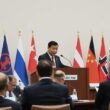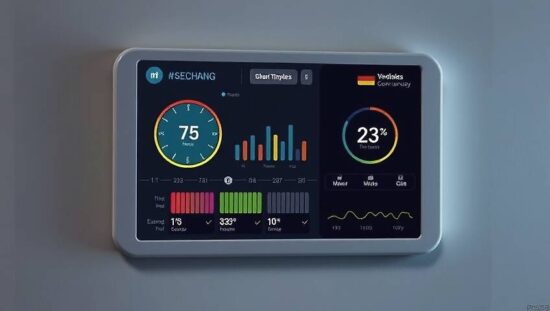According to a recent survey by Yougov, commissioned by the energy company Eon, a majority of Germans can envision adjusting their own energy consumption to the times of day when electricity prices are most favorable. The survey, which was pre-released to the newspapers of the Funke Media Group, shows that more than 60 percent of Germans support flexible consumption shifting to specific time windows.
“This is an important statement for the energy transition”said Jens Michael Peters, Head of Energy Solutions at Eon Energy Germany, in response to the survey results, as reported by the Funke newspapers. By doing so, consumers could not only save money but also contribute to the stable development of a modern energy system, thus moving closer to an “intelligent, green energy future.”
In Germany, energy providers have been required since the beginning of this year to offer customers dynamic electricity tariffs, which are directly linked to the energy exchange and change hourly. When there is a surplus of renewable energy in the grid, the price is lower and when the supply is tight, the kilowatt-hour becomes more expensive. The traditional tariff model, which functioned with a fixed base rate per year plus a fixed work rate per consumed kWh, is no longer applicable.
However, to take advantage of the new tariffs, customers need a digital electricity meter, also known as a smart meter. In Germany, the smart meter rollout has accelerated as of the turn of the year, according to Eon. Currently, however, only two percent of German households have such a device, according to the Smart Meter Initiative (SMI).
Many Germans, as the Eon survey shows, are open to the idea. 48 percent of respondents see a smart meter as a “key component of the energy transition.”22 percent do not agree with this statement, while 31 percent are undecided or did not provide an answer.
Furthermore, the survey reveals that more than a third of respondents (36 percent) would have a general interest in installing a smart meter voluntarily. The younger age groups show a particularly high level of interest, with 47 percent of 18-24-year-olds and 46 percent of 25-34-year-olds in favor.





